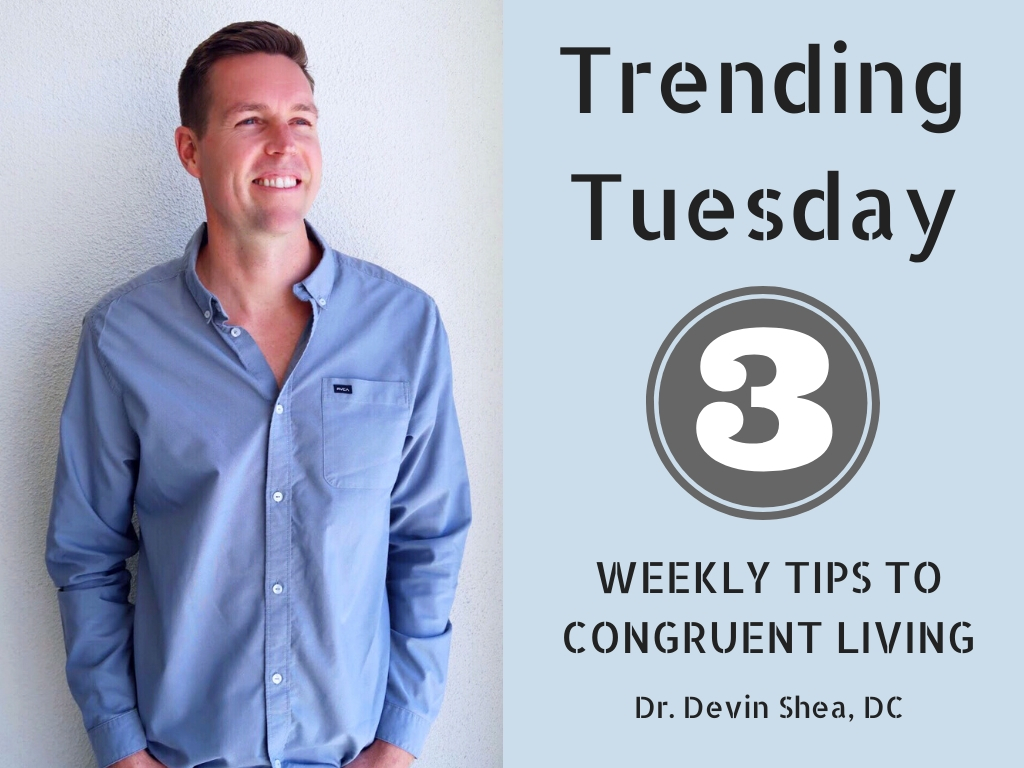Everyone experiences both shame and the urge to place blame on someone else. It’s part of having emotions – and not one of the fun parts, unfortunately. We can’t avoid these feelings and we often can’t choose when or how we experience them. We can choose how we respond and how we deal with them, though.
Shame has a physical presence in our lives. Think about a time when you’ve been really embarrassed or felt like you’ve let someone important down. Remember how your face flushed, or your stomach clenched, or your shoulders drew up under your ears? Maybe you clenched your jaw, or your fists, or your breath started coming faster. Shame is such a powerful emotion that it literally changes our posture, our blood pressure, and our other physical systems.
We often feel shame when someone blames us for something – it can shock us or feel like an attack. But we also have to be careful that we aren’t reacting to our own feelings of shame by trying to blame someone else. Placing blame doesn’t solve a problem or help anyone move forward. Sometimes it feels good for a second – it feels like you’re redirecting the shame somewhere else and getting some relief. In the end, though, it doesn’t get to the root of the issue and it doesn’t help anyone process or solve the problem.
So how do we deal with these emotions, which have the power to impact us physically, and which can be overwhelming and sudden? I have two suggestions for you to try.
First, start with your physical reaction. Focus on your breathing: has it sped up? Try taking a few long, slow breaths. Roll your shoulders and bring them down from under your ears. Shake out your hands and close your eyes for a second. Taking your mind off your immediate emotional reaction gives you the opportunity to pause before you react. Slowing your breathing or relaxing your muscles also helps your brain to slow down, which makes it a lot more likely that you’ll choose what to say, instead of lashing out or breaking down.
Second, think about how you’d talk to a close friend or family member who was experiencing this emotion. You’d be supportive and loving, right? Maybe you’d remind that person of what a positive impact they have on you or help them talk through what they’re experiencing. Try using the same words on yourself, and try to use the same tone of “voice” in your thoughts, too. It might feel silly, but it makes a difference!
We have a tendency to be very hard on ourselves, often berating ourselves for being a failure or insulting our own intelligence, maturity, or capacity to relate to others. When you’re experiencing shame or the urge to place blame, that language and those thoughts don’t help! In fact, they can make things worse. By treating ourselves with love and care, we can interrupt the turbulent cycle of emotion and move towards resolution instead of getting stuck. Give it a try – your mental and physical health are worth the effort.
~Lucie


